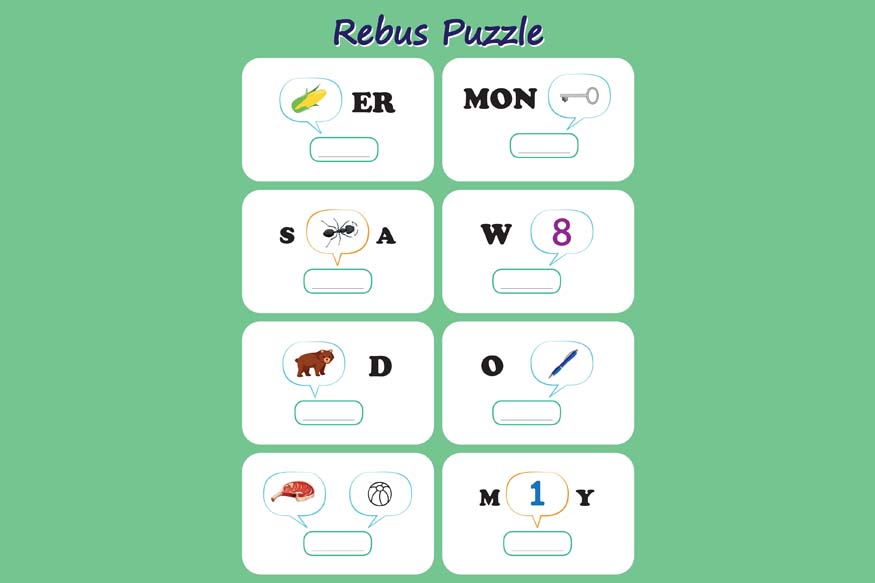The English word ‘communication’ has been derived from the Latin word, ‘Communicare’ which means to impart or participate or transmit. Communication skills are a fundamental aspect of personal and professional development. As a parent, you naturally want to give your child every possible advantage for their holistic development. It is undeniable that one of the most essential skills you can help them cultivate is effective communication.
Communication skills are not just about speaking clearly, they encompass the ability to listen, understand and convey ideas in a way that others can easily grasp. These skills are crucial for your child’s success in school, where they need to participate in discussions, collaborate on group projects and be able to present their ideas confidently. Beyond the classroom, strong communication skills will also help your child build lasting relationships with peers, navigate social situations more smoothly and set the foundation for future career success. By understanding the importance of communication skills and actively helping your child improve in this area, you are equipping them with a tool that will serve them throughout their life.
Uses of communication skills in your child’s life
Communication skills are utilised in nearly every aspect of your child’s life, both inside and outside of the classroom. Understanding the various contexts in which these skills are applied can help you appreciate their importance and encourage your child to develop them further.
Importance of communication skills for students
Communication is the foundation of human interaction. For children, the ability to communicate effectively is not only about exchanging information but also about building relationships, understanding others and expressing their own needs and ideas. Here are some key importance of communication skills which are vital for your child’s growth –
- Enables classroom participation
- Builds team player spirit
- Forms social relationships
- Strengthens family interactions
- Promotes extracurricular activities
In the classroom, communication is essential for active participation. Effective communication enables them to express their ideas confidently and clearly while answering questions, engaging in discussions or presenting projects enables. This not only contributes to their own learning but also enhances the learning experience for their classmates.
Collaboration is a key component of many educational activities. When working on group projects, your child needs to communicate effectively with their peers to share ideas, divide tasks and coordinate efforts. Good communication ensures that everyone in the group understands their roles and responsibilities, which leads to a more successful outcome.
Outside of academics, communication skills play a crucial role in your child’s social life. From making new friends to resolving conflicts, the ability to communicate effectively helps your child build and maintain positive relationships. For example, a child who can express their needs and feelings clearly is more likely to have their social and emotional needs met by friends and family.
Communication is essential for building strong, supportive relationships within the family. Encouraging open and honest communication at home helps your child feel valued and understood, which contributes to their overall well-being. It also allows you as a parent to better understand and support your child’s needs and concerns.
Communication skills become very important if your child is involved in sports, drama, music or any other extracurricular activities. In sports, for example, clear communication between teammates is crucial for success. In drama, the ability to convey emotions and ideas through speech and body language is important for a good performance. In all these activities, communication helps your child collaborate with others and express their creativity.
Expert tips on how to improve communication skills for students
- Encourage clear and concise communication
- Foster active listening
- Practice nonverbal communication
- Build emotional intelligence
- Provide opportunities for public speaking
- Encourage writing skills
- Teach the importance of tone and context
Teach your child the importance of being clear and concise when communicating. Encourage them to organise their thoughts before speaking or writing, so they can express their ideas without unnecessary repetition. For younger children, you can ask them to summarise their thoughts in one or two sentences before elaborating. For older children, practising summarisation of key points after a conversation or a lesson can help refine this skill.
Encourage your child to listen attentively when others are speaking and to show that they are engaged by nodding, making eye contact and responding appropriately. You can demonstrate active listening at home by giving your full attention when your child is speaking and responding thoughtfully to what they say.
Help your child understand the importance of nonverbal communication, such as facial expressions, gestures and posture. Encourage them to be mindful of their body language and to use it to strengthen their verbal messages.
Help your child recognise their own emotions and understand how these emotions can affect their communication. You can do this by discussing emotions during everyday interactions and encouraging your child to talk about how they feel in different situations.
Public speaking is an excellent way for your child to build confidence and improve their communication skills. Encourage your child to participate in activities that involve public speaking, such as debates, drama clubs or school presentations. At home, you can create opportunities for practice by asking them to present on a topic of interest during family gatherings or by practising speeches together.
Encourage your child to keep a journal, write stories or compose letters to family members. Writing regularly helps them organise their thoughts and express themselves more clearly. Additionally, providing constructive feedback on their writing can help them refine their skills.
Help your child understand how tone and context affect communication. Discuss how the same words can have different meanings depending on how they are said or in what context they are used. Role-playing different scenarios at home can be a fun and effective way to explore this concept.
At Centre Point School, we recognise the importance of these skills and actively work to inculcate them in our students from a young age. Through a range of activities such as public speaking, group discussions and creative writing, we ensure that our students develop the ability to express themselves clearly and confidently. By creating a supportive environment, Centre Point School helps students become effective communicators and be well-prepared for the challenges and opportunities that lie ahead in their lives.





